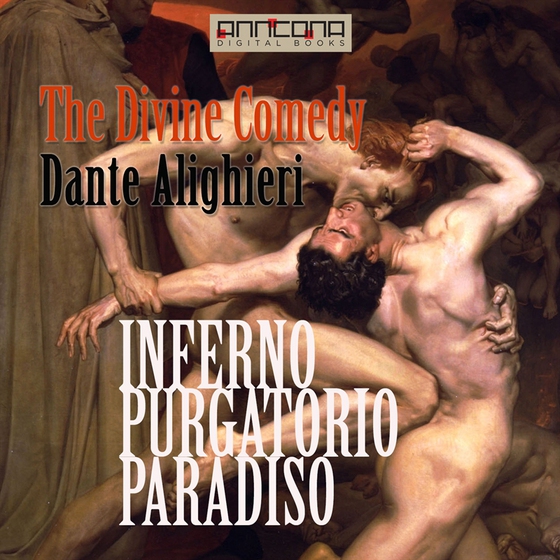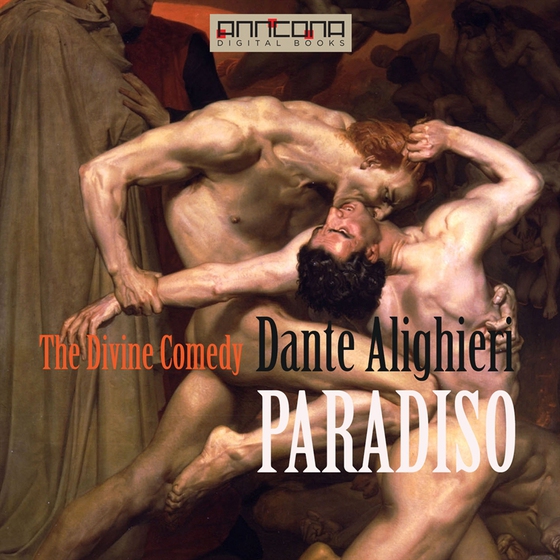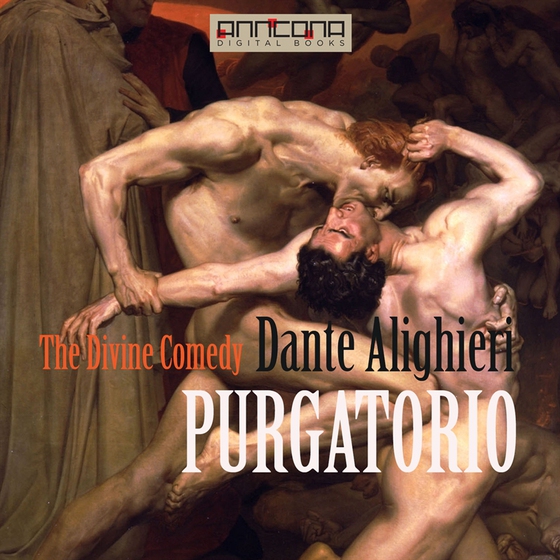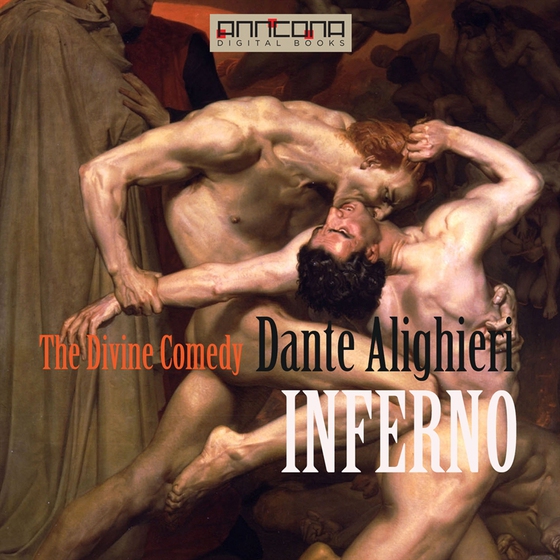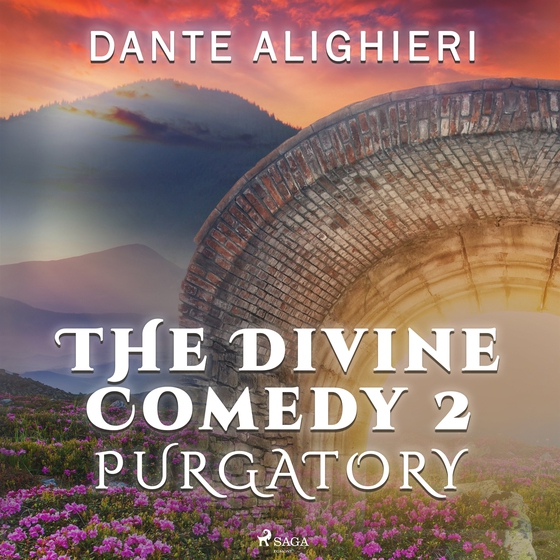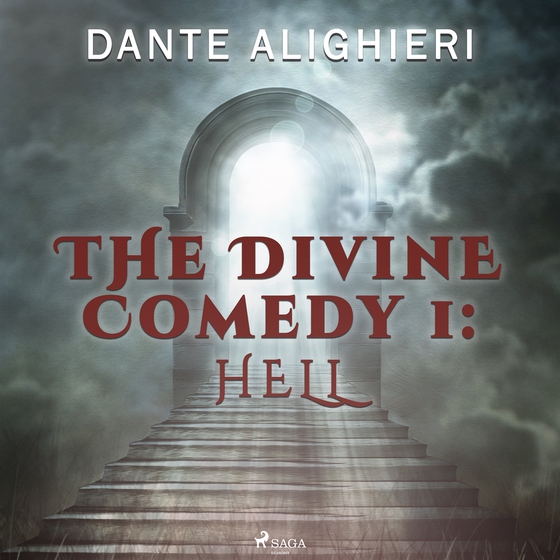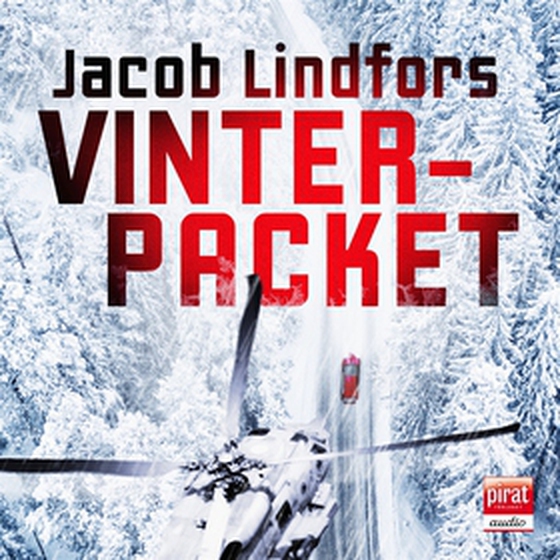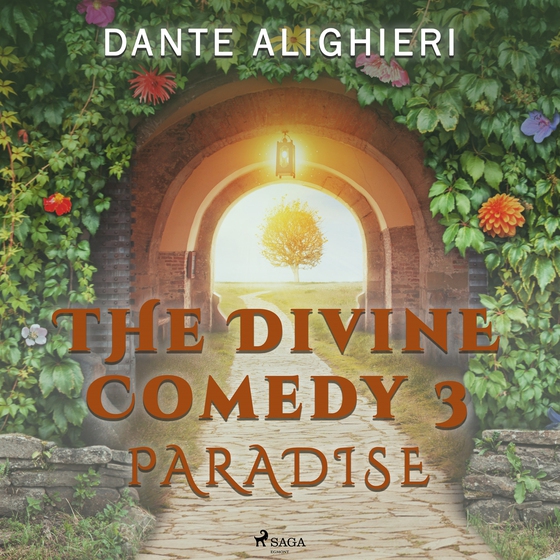
Gratis smakprov
- Spara till biblioteket
- Lyssna på smakprov
The Divine Comedy 3: Paradise (World Classics) ljudbok
139 kr
Dante Alighieri’s journey continues in the third part of "The Divine Comedy". Opposite to the main subject in the previous two parts, "Paradiso" depicts virtues and not sins as it represents the soul’s ascent to God. Dante’s journey goes through the nine spheres of Heaven, associated with nine different virtues such as Justice, Faith, Love. Which is the last stage of Dante’s journey and what wi...
Ljudbok
139 kr
E-bok
45 kr
Förlag
Saga Egmont
Utgiven
18 December 2021
Längd
4:55
Genrer
Romaner, Skönlitteratur
Serie
World Classics
Språk
English
Format
mp3
Kopieringsskydd
Vattenmärkt
ISBN
9788728177068
Dante Alighieri’s journey continues in the third part of "The Divine Comedy". Opposite to the main subject in the previous two parts, "Paradiso" depicts virtues and not sins as it represents the soul’s ascent to God. Dante’s journey goes through the nine spheres of Heaven, associated with nine different virtues such as Justice, Faith, Love. Which is the last stage of Dante’s journey and what will it bring to his soul?
Dante Alighieri was an Italian poet, philosopher, language and political theorist, born in Florence in 1265. He is one of the best known poets of the Middle Ages and his masterpiece "The Divine Comedy" is considered to be a representative of the medieval world-view. "The Divine Comedy" and "The New life" were written in vernacular, i.e. the speech variety that was used in everyday life. This made the literature accessible to most people and this is mainly why Dante is called "The father of Italian language". Dante’s life was divided by poetry and politics and the relationships between secular and religious authority were topics which were often depicted in his literary works.
Inga recensioner än


